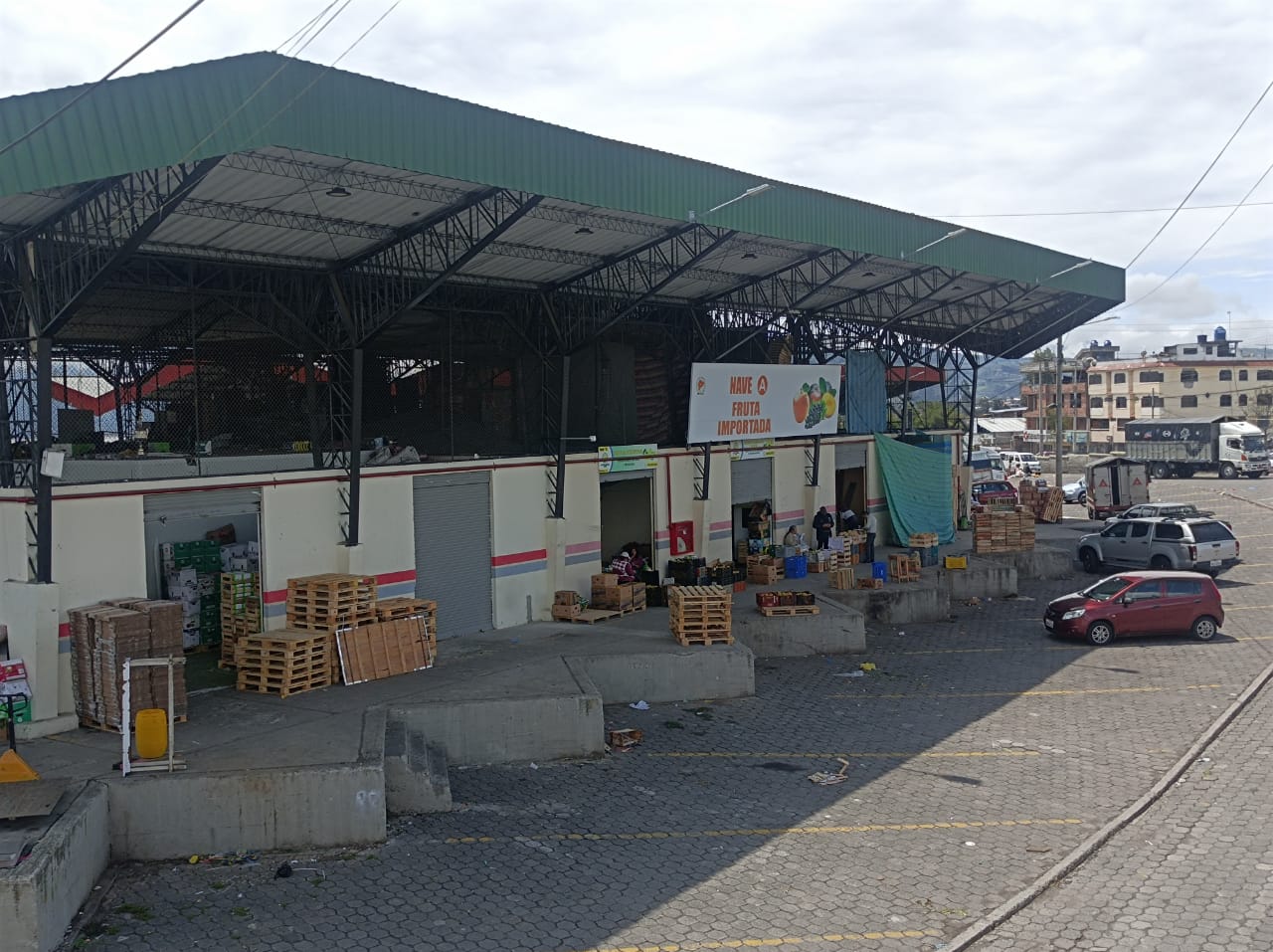Situation. Currently the organic waste that comes out of the Wholesaler goes directly to the sanitary landfill.
In it Ambato Wholesale Market produce approximately 15 tons of daily wastethat is, more than what a simple tipper loads.
per month would be around 450 tons of waste, of this total, 75% are organic wastethat is, food remains, fruits, vegetables, among others.
Meanwhile, the 25% remaining stands for organic trash such as paper, cardboard, plastics, metals, among others.
Situation
Mauricio Quiroga, manager of the Municipal Public Company Wholesale Market of Ambatosaid that the retail center recycle inorganic waste, all the rest goes directly to the landfill.
Currently, the Wholesaler together with the Tungurahua Food Bank Foundation seeks to sign an agreement to be able to reuse all these waste.
“From this, it seeks to process the fruits that are discarded for the elaboration of by-products destined for the human consumption, among others as organic fertilizer”, indicated Quiroga.
El mercado Mayorista de Ambato es el más grande del país.
The official also assured that 90% of the waste produced by the Wholesaler are totally reusable.
“We are defining the management model, schedules, collection days and everything necessary for this initiative to be fulfilled as planned,” concluded the Manager from the sales center.
In the world it waste at least 17% of the food available for consumption, this means that 931 million tons of food end up in the trash, according to a study by the United Nations.
Currently, worldwide, more than 800 million people they go to sleep without having their basic food needs covered.
Food losses entail the waste of resources used in production, such as land, water, energy and inputs.
Producing food that is not going to be consumed means unnecessary emissions of CO2 in addition to losses in the added value of the food produced.
Food Bank
Daniel Jerez, executive director of the Tungurahua Food Bank Foundationsaid that this initiative began to be developed at the end of 2022. Operations are expected to begin on May 6 of this year.
Jerez indicated that the Bank intends to be the “bridge between abundance and lack, since there is excessive food waste in the province and in the country.”
In tungurahua There are several entities that are already collaborating with this initiative, including the Wholesale Market, Provincial Governmentthe Technical University of Ambatohe Cantonal Council for the Protection of Rights, La Favorita Corporation, KFC Corporation, among others. (RMC)
